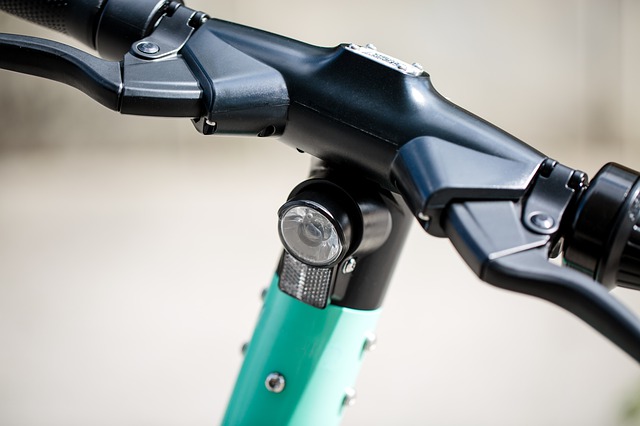Once a novel addition to the urban transit ecosystem, the e-scooter in Austin fell dramatically over the past few weeks. Some found their presence annoying, parked in the way of pedestrians, used dangerously alongside motor vehicles. However, others benefited from a simple, easy to use mode of transportation for short distances. For example, Lyft even offered free scooter rides to healthcare workers during the pandemic. However, amid plummeting usage, the company decided this week to permanently end its Austin scooter program.
The move comes at an unprecedented time. Coronavirus changed the country since its spread prompted city and state leaders to impose social distancing orders. Now, with most businesses closed and others working from home, ridership for the company’s scooters fell off a cliff.
Ordinarily, this time of year marks the busy SXSW festival that takes over the city. From mid-March to late April, the entertainment festival attracts thousands to the area. That influx of crowds boosted scooter rides. For example, last year during SXSW, city data reveals people took 875,012 scooter rides around Austin.
During the same period this year, people only took 49,183 trips.
Lyft Makes Cuts
In response to the downtrend, rather than weather the outbreak, Lyft made some cuts. In addition to removing scooters from Austin streets, they company trimmed its workforce.
Lyft laid off 982 employees. An additional 288 are furloughed. Furthermore, the company also cut salaries in an effort to reduce spending.
In a statement addressing the decision, Lyft said it appreciated the city of Austin and its collaborative government. They went on to say, while scooters are ending, their other programs continue, like the original rideshare service.
Lyft isn’t alone. A number of other companies scaled back their operations in Austin amid the health crisis. Spin, Wheels, Lime, and JUMP all removed their e-scooters from the Austin area. Bird also decreased the number of available devices.
The city addressed the removal with understanding. “With the COVID-19 pandemic reducing daily micromobility ridership throughout most cities, it is understandable that some providers may pause or end operations,” it said in a statement.




